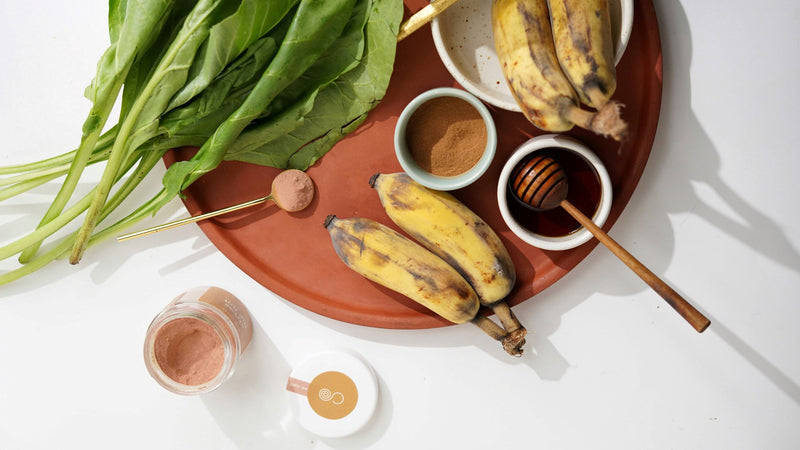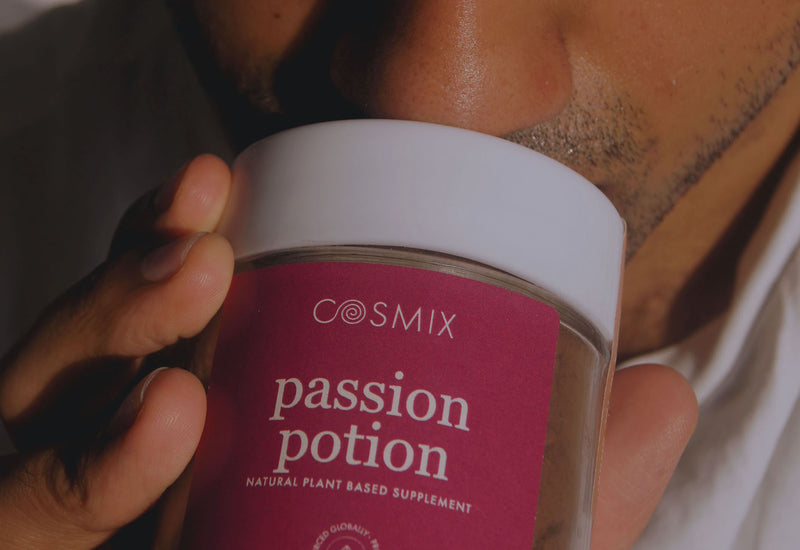Did you know that your PCOS symptoms may depend a lot on whether you are having a good night’s sleep? A messed up sleep cycle can mess up your ‘Circadian rhythm’. This is your body’s internal clock that regulates hormone levels and if it gets disrupted, your hormone levels may get dysregulated too, leading to troublesome PCOS symptoms. Let’s dive into this connection between your sleeping patterns and PCOS that might just leave you wide-eyed (but hopefully not too wide-eyed, especially if you're reading this late at night).
Your body has a time-table
Circadian Rhythms are your body's built-in schedule keepers. These help you know when it's time to rise and shine or wind down for the night. But it’s not just that. The circadian rhythm tells different parts of your body what to do and when to do it.
Your body has lots of jobs to do – like digesting food, controlling your temperature, and even managing your hormones ( the body's messengers).
How is it affecting my hormones?
You see when your circadian rhythms go wonky – say, due to staying up late binge-watching your favourite show – it can have a ripple effect on your hormones that play a significant role in how things work in your body. These essential hormones that get caught in the crossfire if the circadian rhythm falls out of its beat are melatonin, cortisol and insulin.
-
Insulin: This hormone helps regulate your blood sugar levels. When your circadian rhythm is off, insulin might not do its job correctly, which could mess with your blood sugar control and even lead to intensifying insulin resistance, a common concern in PCOS.
-
Melatonin: This is the sleep hormone, your body's cue to get cosy and snooze. But if your circadian rhythm is disrupted, your melatonin production could get delayed or messed up. This might lead to trouble falling asleep or waking up too early.
-
Cortisol: This is your body's stress hormone, and it's like the early bird that helps you wake up in the morning. When your circadian rhythm is out of whack, cortisol might get released at odd times, making you feel groggy when you should be peppy or hyper when you should be winding down.
What is disrupting my circadian rhythm and how to fix it?
-
Being a Night Owl: If you're consistently burning the midnight oil or staring at screens (phones, tablets, laptops) before bedtime, it can trick your brain into thinking it's still daytime. The blue light emitted by screens can suppress melatonin, that magical sleep hormone we talked about earlier. Changing your sleep schedule regularly can also leave your circadian rhythm scratching its head, wondering when it's supposed to make you feel sleepy.
-
Not Enough Natural Light: Sunlight is like a reset button for your circadian rhythm. If you're not getting enough exposure to natural light during the day, your body might not know when it's time to be awake and when it's time to sleep.
-
Eating Habits: Heavy or spicy foods before bed can make it harder to fall asleep. Your body is working on digesting instead of getting ready to rest. Skipping meals or excessive caffeine or alcohol intake can also mess with your sleep quality
-
Stress and Worries: When your mind is busy with thoughts and worries, it can be tough for your body to relax and wind down for sleep.
You messed up your circadian rhythm and now your hormones are all over the place? Now, how to fix it? Having a consistent sleep schedule is the key. Limiting screen time before bed, and dimming the lights in your home during the evening can help you fall asleep easily and on time. Winding down before by engaging in relaxing activities like reading, taking a warm bath, or practicing deep breathing, also helps.
Avoid heavy or spicy foods close to bedtime. Light snacks are okay, but a big meal can disrupt your sleep. If you're having trouble sleeping, consider cutting back on caffeine and alcohol, especially in the afternoon and evening.
Having a managed circadian rhythm is not just about sleeping on time, it’s about making healthier lifestyle choices that nourish your body from within, that make managing PCOS symptoms a piece of cake!















